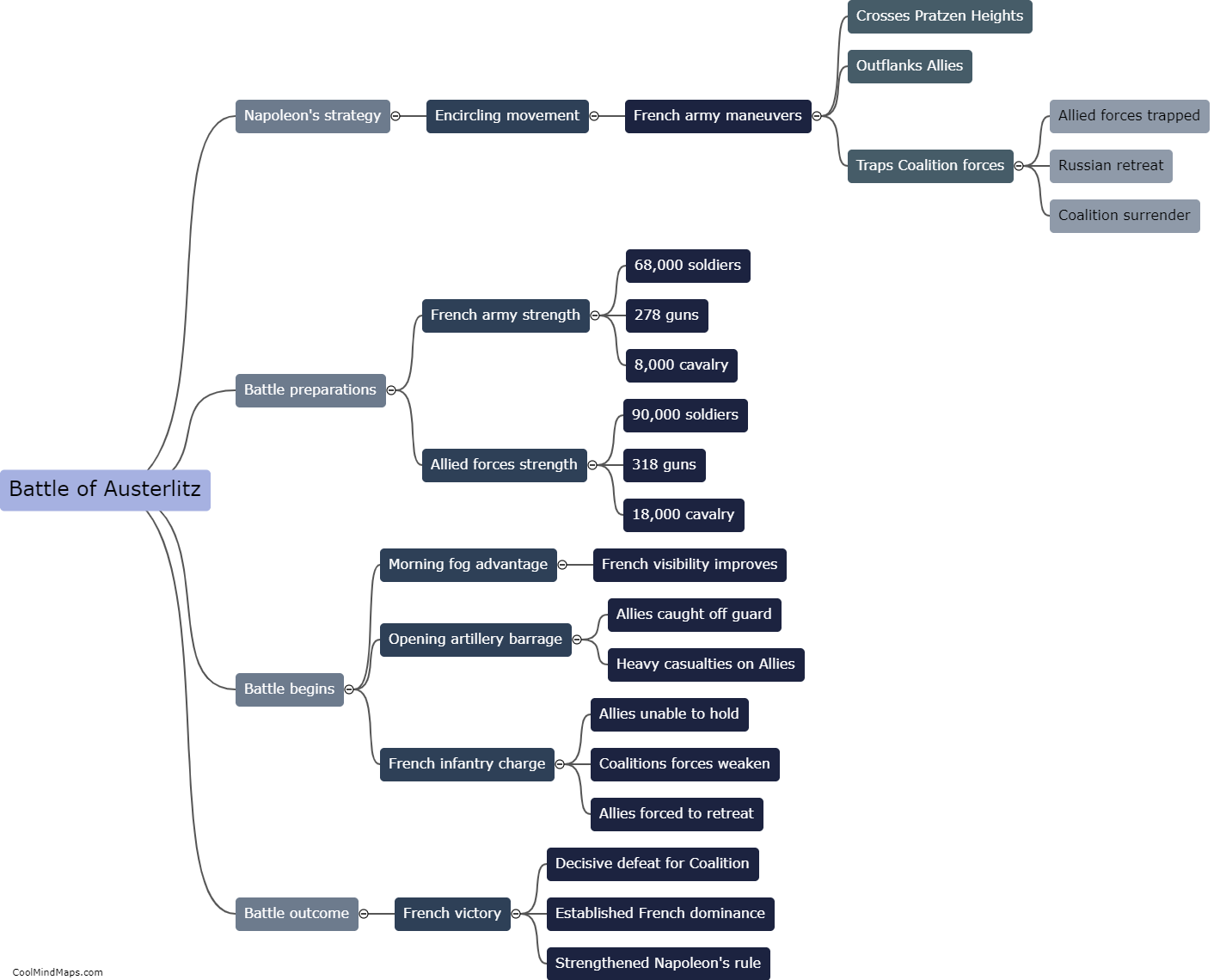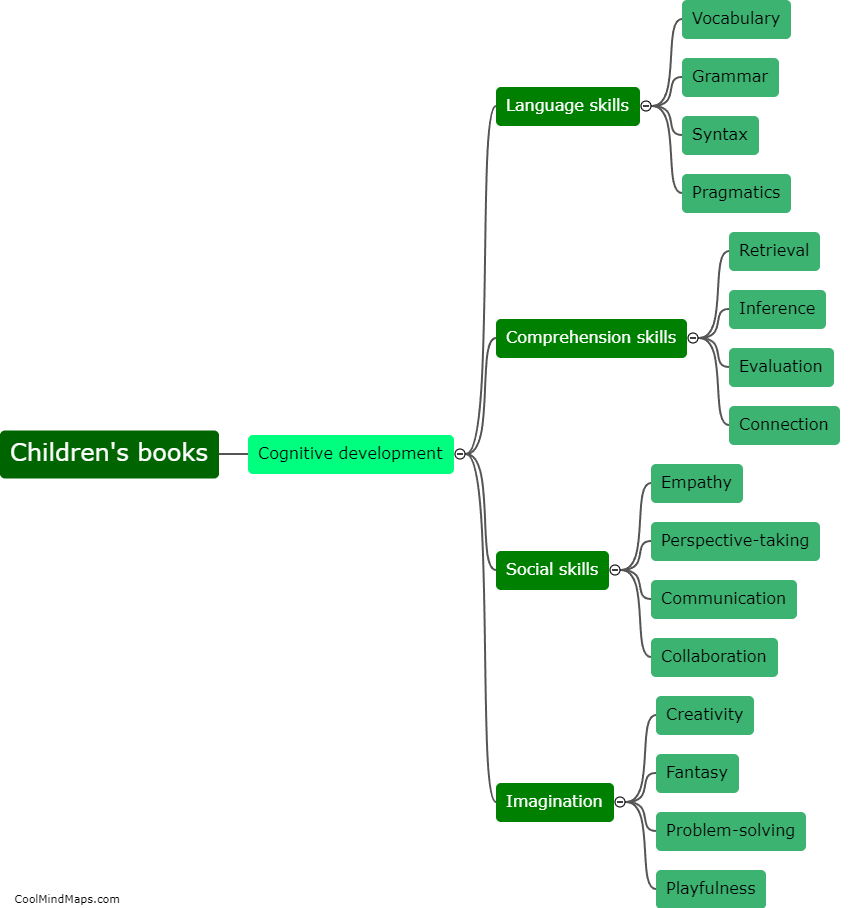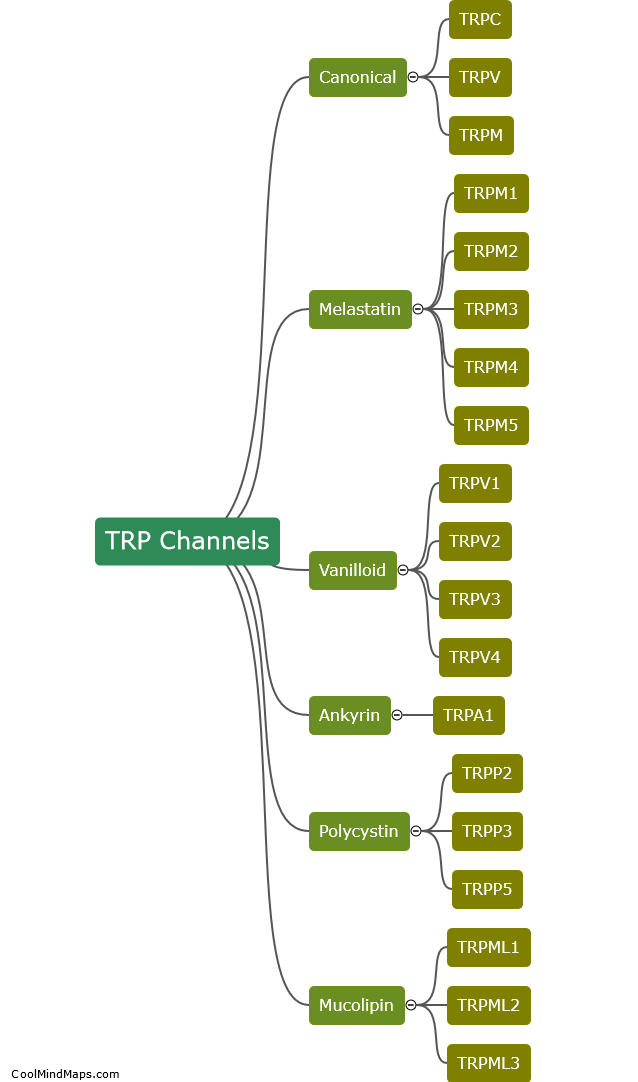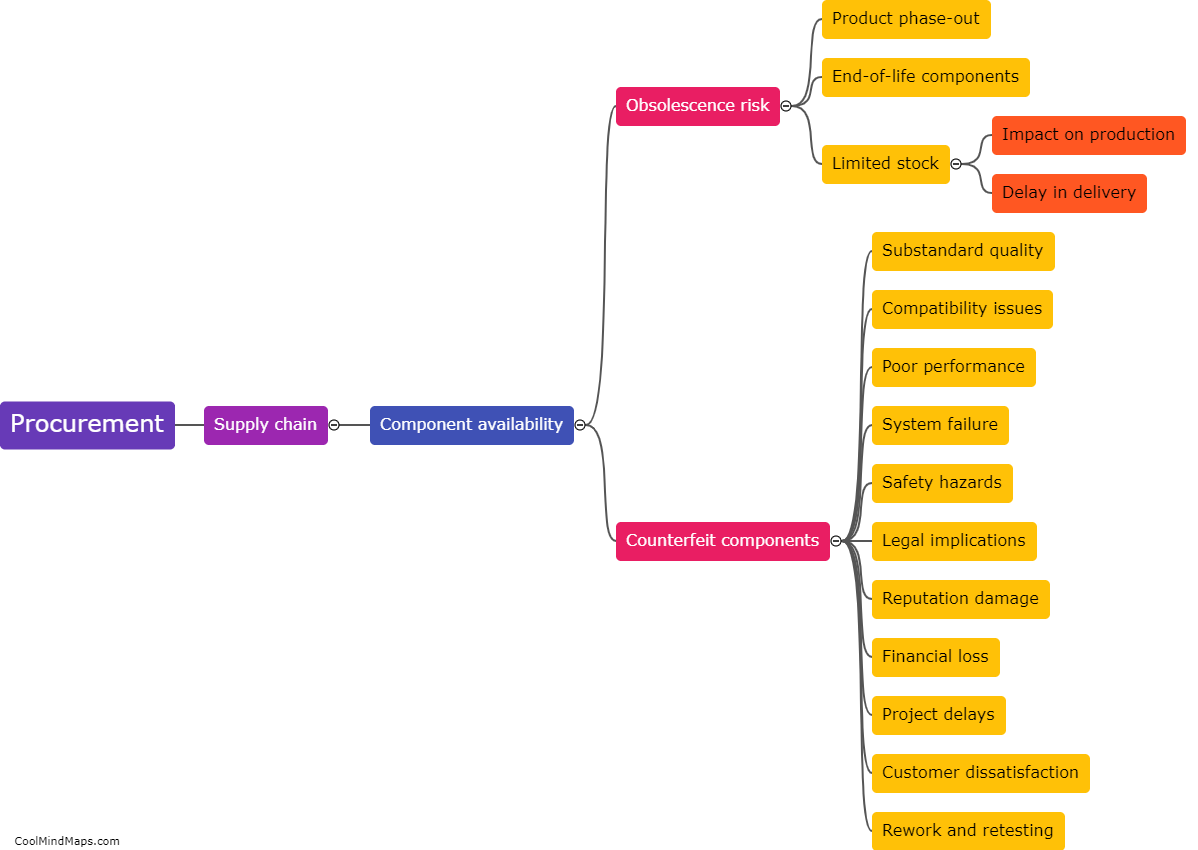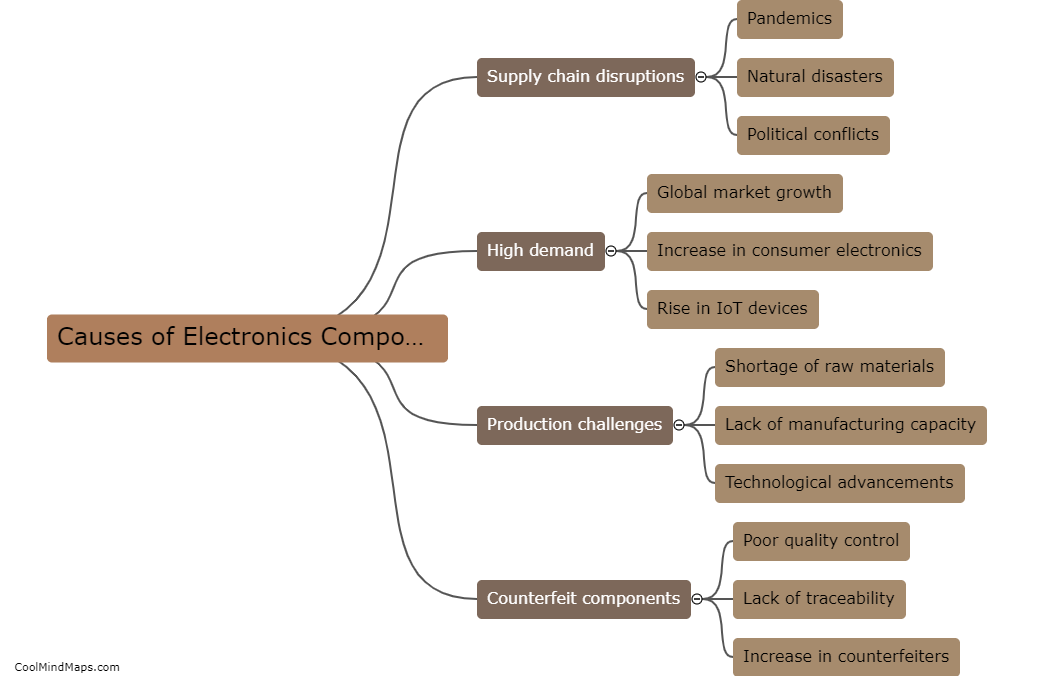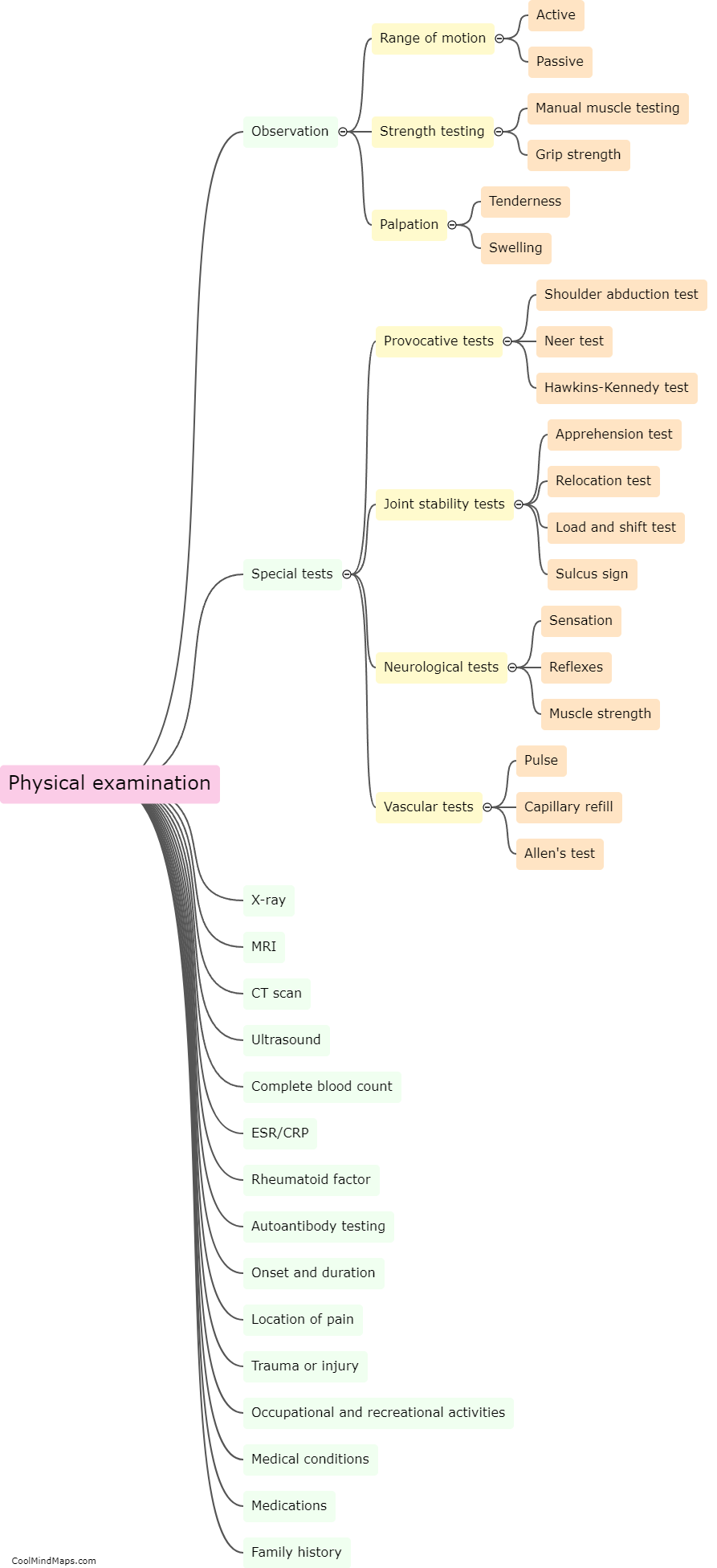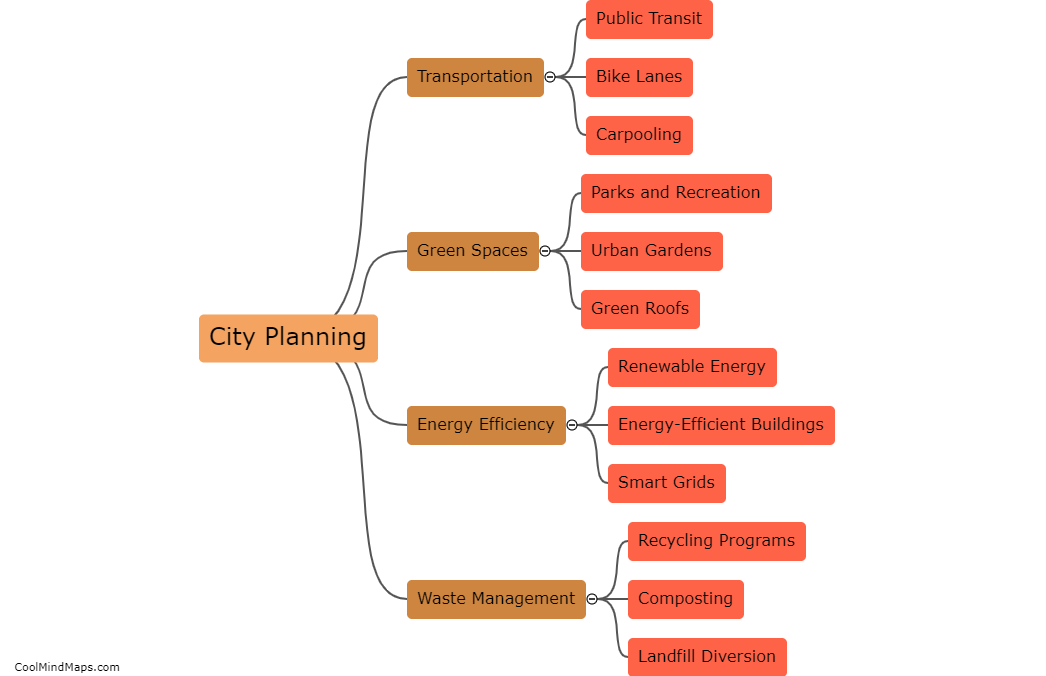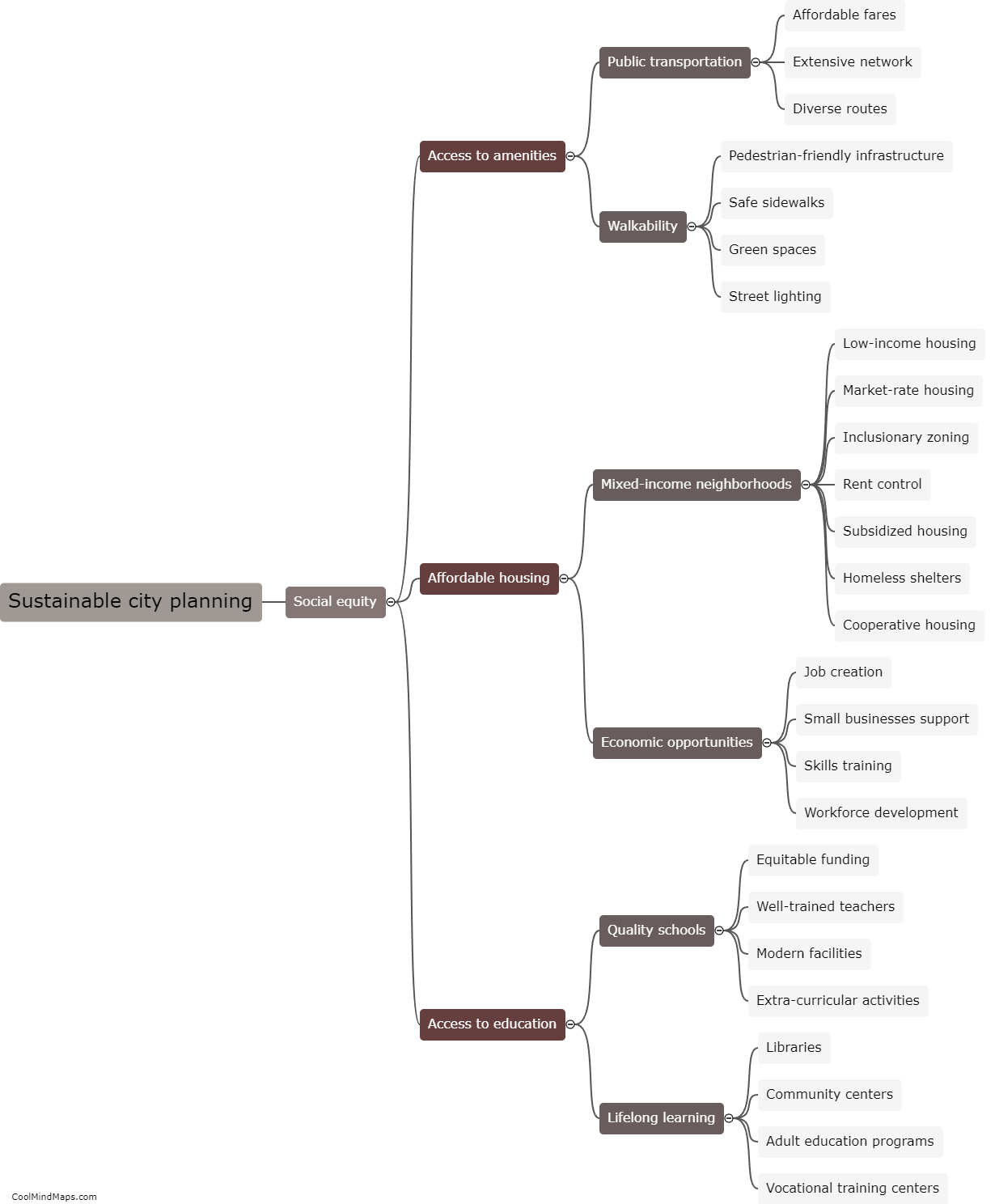What are the key principles of sustainable city planning?
The key principles of sustainable city planning are centered around creating livable, resilient, and equitable urban environments that balance the needs of people, the economy, and the environment. This approach includes incorporating smart growth strategies by encouraging compact development, mixed land uses, and efficient transportation systems to minimize sprawl and commute times. Sustainable city planning also emphasizes the protection and restoration of natural resources, such as green spaces, biodiversity, and waterways, while integrating renewable energy sources and energy-efficient infrastructure. Additionally, social and economic equity is prioritized through inclusive community engagement, affordable housing, access to healthcare and education, and providing green jobs opportunities. Overall, sustainable city planning strives to create cities that promote well-being, reduce their ecological footprint, and offer a high quality of life for their residents.

This mind map was published on 25 November 2023 and has been viewed 88 times.
